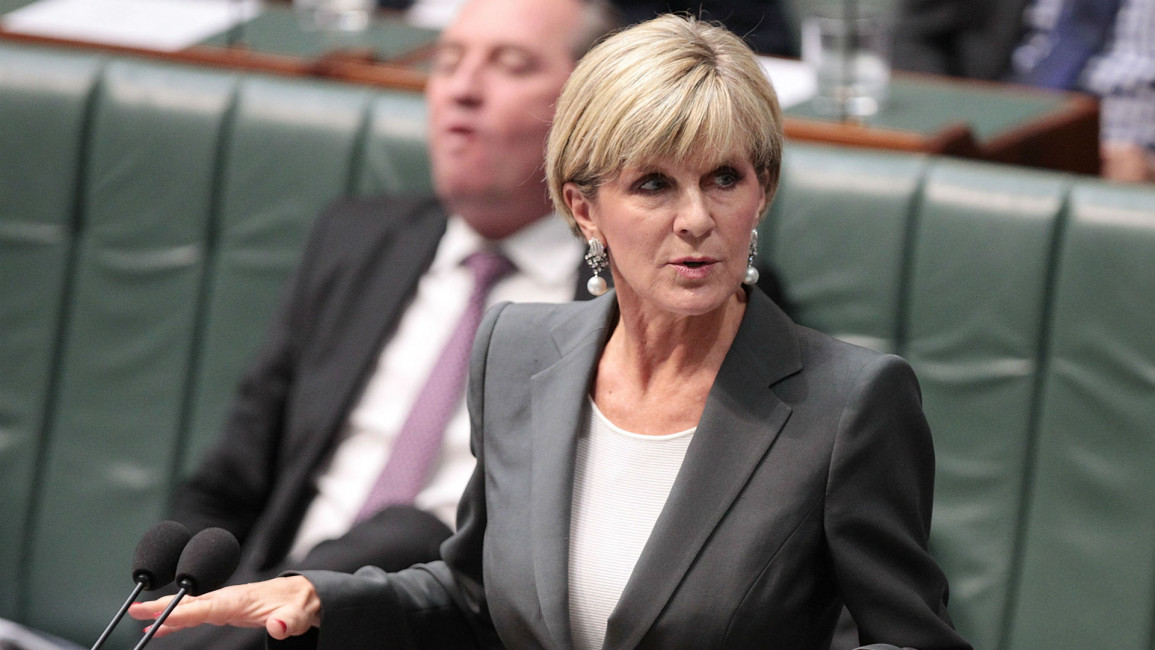Australian government latest Western power to 'endorse' Assad survival
Australian Foreign Minister Julie Bishop's has rejected the idea that Bashar al-Assad will have to go, triggering a rift with ally Britain over the future of the Syrian president.
Bishop's comments starkly contrasted with those of British Prime Minister Theresa May, who underlined the need for a transition of power in Syria during a conversation with her Australian counterpart Maclolm Turnbull on Thursday.
"Now he has lost legitimacy as a leader, he has used chemical weapons against his own people, but the realpolitik, the reality is that he will have to be part of the political solution," Bishop said in London.
 |
Last month, UK Foreign Secretary Boris Johnson seemed to indicate that the UK had sharply shifted its policy on the Syrian president. |  |
The minister said it became clear that a post-conflict Syria without Assad would be untenable after speaking with US Vice-President Mike Pence, Secretary of State Rex Tillerson and new National Security Adviser H.R. McMaster.
Following the fall of rebel-held East Aleppo in December, the Assad regime has rode a wave of triumphalism that seems to have swayed some international opinion in his favour.
Assad himself has also repeatedly attempted to curry favour in Washington by praising US President Donald Trump's stance on Syria.
Last month, UK Foreign Secretary Boris Johnson seemed to indicate that the UK had sharply shifted its policy on the Syrian president.
"The old policy [of removing Assad], I am afraid to say, does not command much confidence," he told British MPs.
Following the release of a report detailing claims that Syria's government killed as many as 13,000 people in mass hangings, however, Johnson brought his position back in line with that of his government.



